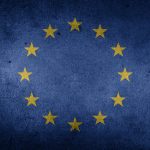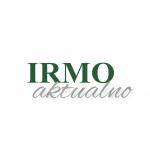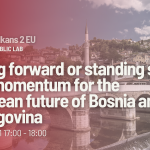Zagreb: Bogdan Ogrizović Library
6 October, 2016 17:00
The refugee crisis is one of the key contemporary processes the European Union and countries on the so-called Balkan route are facing today. It is a broad geopolitical and social process whose causes are socio-historical, cultural, political and economic. It directly affects international and institutional coordination, power relations and negotiations over conflicting political interests. Simultaneously, it creates cultural and populist reactions over conflicting rituals, customs and values of different ethnic groups. The impact of the process is deep and consequences significant given the general weakness and crisis of the European values of peace, tolerance, democracy and prosperity. Drawn by those same ideals, huge numbers of people from destabilized and war-struck areas of the Middle East get caught in a web of broader structural circumstances in which they attempt to resolve their individual fate.
In times of rapid spread of (dis-)information the phenomenon gains an additional dimension. The media are not only institutionally organized actors reflecting social reality. They actively construct and shape that reality while the political actors, media owners and editorial policies define daily agendas, the flow of information and public opinion. Political actors inevitably adapt their positions and strategies towards the refugee crisis depending on the public pulse and changes in media reports.
The discussion aims to question the role of the media in the context of institutional coordination and contemporary migration processes. Results of several research projects will be presented. First, a political science analysis focusing on the discursive dynamic within the countries on the Balkan route as well as the interaction between these countries, the European Commission and the European Union. Second, asylum policies in Southeast European countries. Third, a media sociological analysis looking at the typology of media reports based on ownership structures and editorial policies of the Croatian media.
MODERATOR
Margareta Gregurović, PhD Institute for Migration and Ethnic Studies, Zagreb
SPEAKERS
Senada Šelo Šabić, PhD Institute for Development and International Relations, Zagreb
Drago Župarić Iljić, PhD Institute for Migration and Ethnic Studies, Zagreb
Paško Bilić, PhD Institute for Development and International Relations, Zagreb






